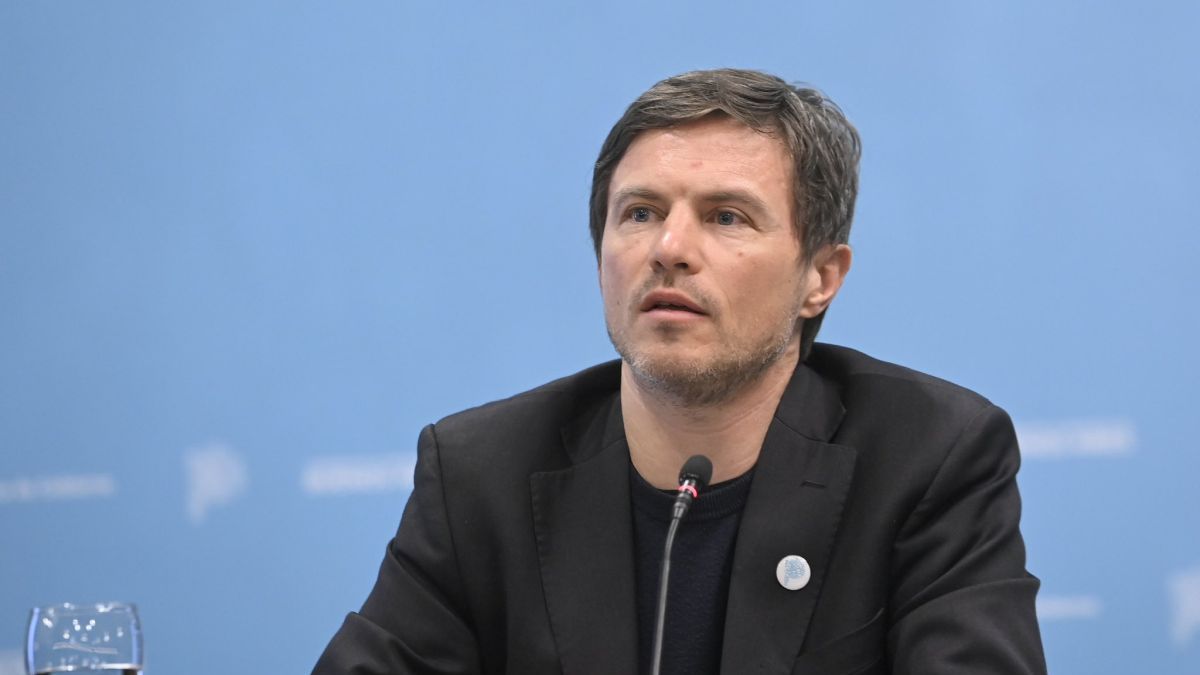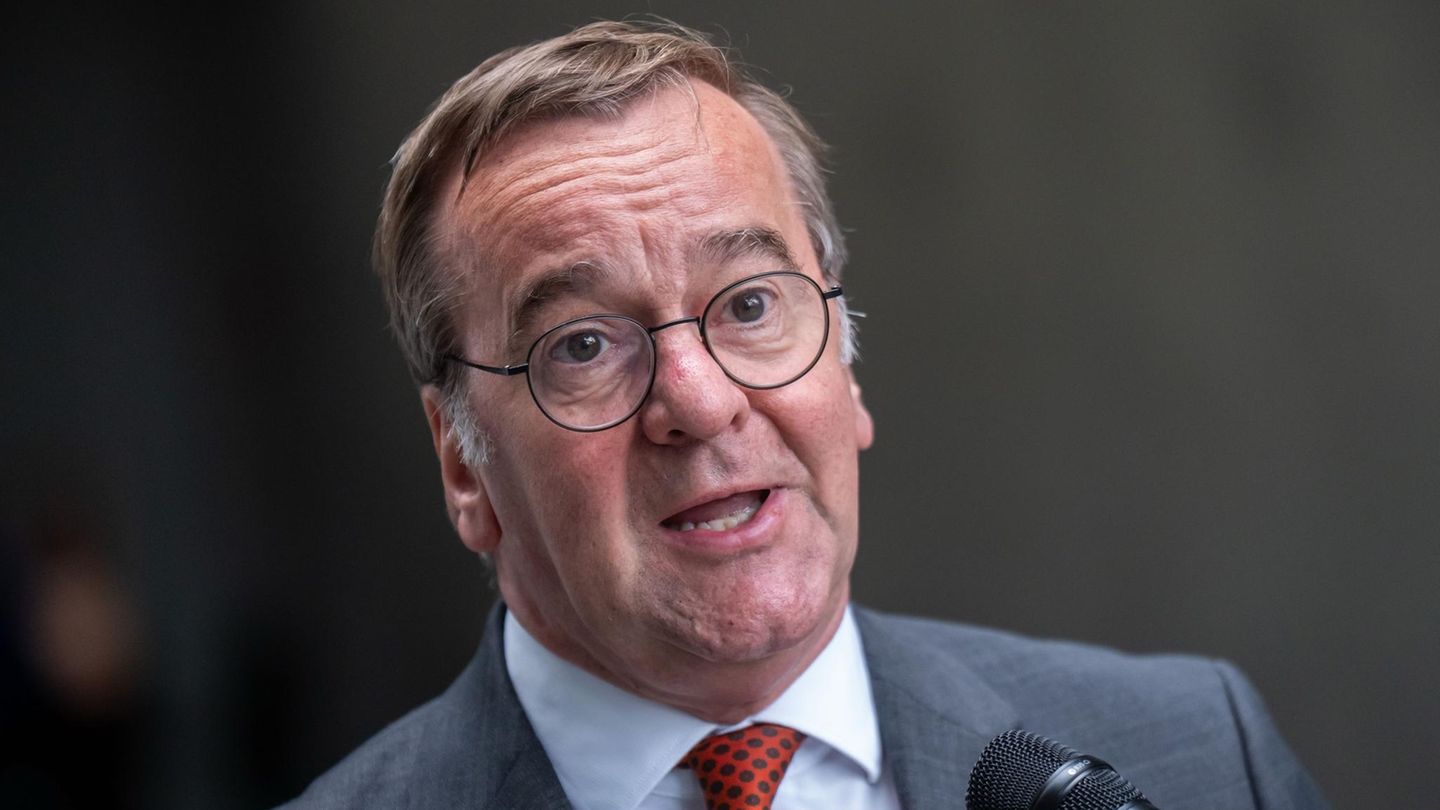In the framework of the Industry Day, the Province of Buenos Aires presented this Monday the main aspects of the local Large Investment Incentive Regime (RIGI), prepared by the administration of Axel Kicillof as a counterpart to the one approvedor the Congress within the provisions of the law Bases.
The information was provided by the Minister of Production of Buenos Aires, Augusto Costaduring an event in Ituzaingó in which Governor Kicillof also participated, for National Industry Day. Numerous officials from his administration were there, as well as union members, mayors and businessmen, among others.
It should be remembered that the “RIGI bonaerense” project had emerged as a response from the provincial government to the Pink Housein the middle of the fight with Río Negro for the installation of a liquefied natural gas (LNG) plant, whose initial project was in Bahía Blanca.
Finally, the submission of the project to the Legislature was delayed and the Patagonian province was awarded the mega-investment of YPF with the Malaysian oil company Petronas. The decision finally deflated the proposal of the Buenos Aires Executive, which this Monday returned to the charge.
What will the “RIGI of Buenos Aires” consist of?
During his presentation, Augusto Costa indicated that among the objectives of the “Promotion scheme for strategic investments in Buenos Aires” seeks to generate added value in the province.
Creation of quality employment, development of local suppliers, transfer of new technologies, diversification of the productive matrix, promotion of provincial exports and/or substitution of imports and reduction of territorial imbalances These are some of the aspects identified by the minister.
He also indicated that it will reach the tourism and logistics sectors, among others, and that it will promote projects such as the installation of plants or the expansion of existing facilities, as well as any new production process that does not imply a reduction in employment.
Embed – LIVE | Industry Day in Ituzaingó
The minister commented that the benefits of the regime “consist of partial tax exemptions on provincial taxes on gross income, property tax and stamp duty.”
Along those lines, he explained: “Up to $50 million will have a five-year benefit of 30% tax exemption, between $50 and $200 million will have four years of benefit and 285% exemption, while investments over $200 million will have three years of tax benefits with 20% exemption.”
He also pointed out that these basic benefits “will be supplemented by additional benefits depending on compliance with the parameters we set as objectives of the system. If the number of jobs increases, two years of benefits will be added and 10% more exemption will be granted.”
“If the projects are located in low-income areas, they will also have two more years and a 10% exemption,” he added.
The Buenos Aires administration pointed out that the entry of the PThe project to the Regime will be analyzed based on its contribution to the productive, economic and social development of the Province (there will be an Evaluation Committee) and its contribution to the fulfillment of the purposes of the Regime will be identified.
The Province of Buenos Aires cancelled a quota of its debt in foreign currency
In parallel, this Monday the Minister of Economy of the Province of Buenos Aires, Paul Lopezreported this Monday that the district successfully completed the payment of the second installment of the year of foreign currency debt totaling of US$333 million and 15 million euros.
When taking the floor, the minister indicated that the Kicillof administration received in 2019, from the outgoing governor Maria Eugenia Vidal“unsustainable debt levels for our Province.”
“After having carried out a restructuring in 2021, we managed to establish a payment profile in line with our payment capacity,” Lopez said at the press conference.
At the same time, the official said that, as a result of this work, the Province “began a debt relief process, paying off interest and capital, without giving up our priorities: public works do not stop and we strengthen social programs to fulfill the mandate of our Government.”
Source: Ambito
I am a 24-year-old writer and journalist who has been working in the news industry for the past two years. I write primarily about market news, so if you’re looking for insights into what’s going on in the stock market or economic indicators, you’ve come to the right place. I also dabble in writing articles on lifestyle trends and pop culture news.




